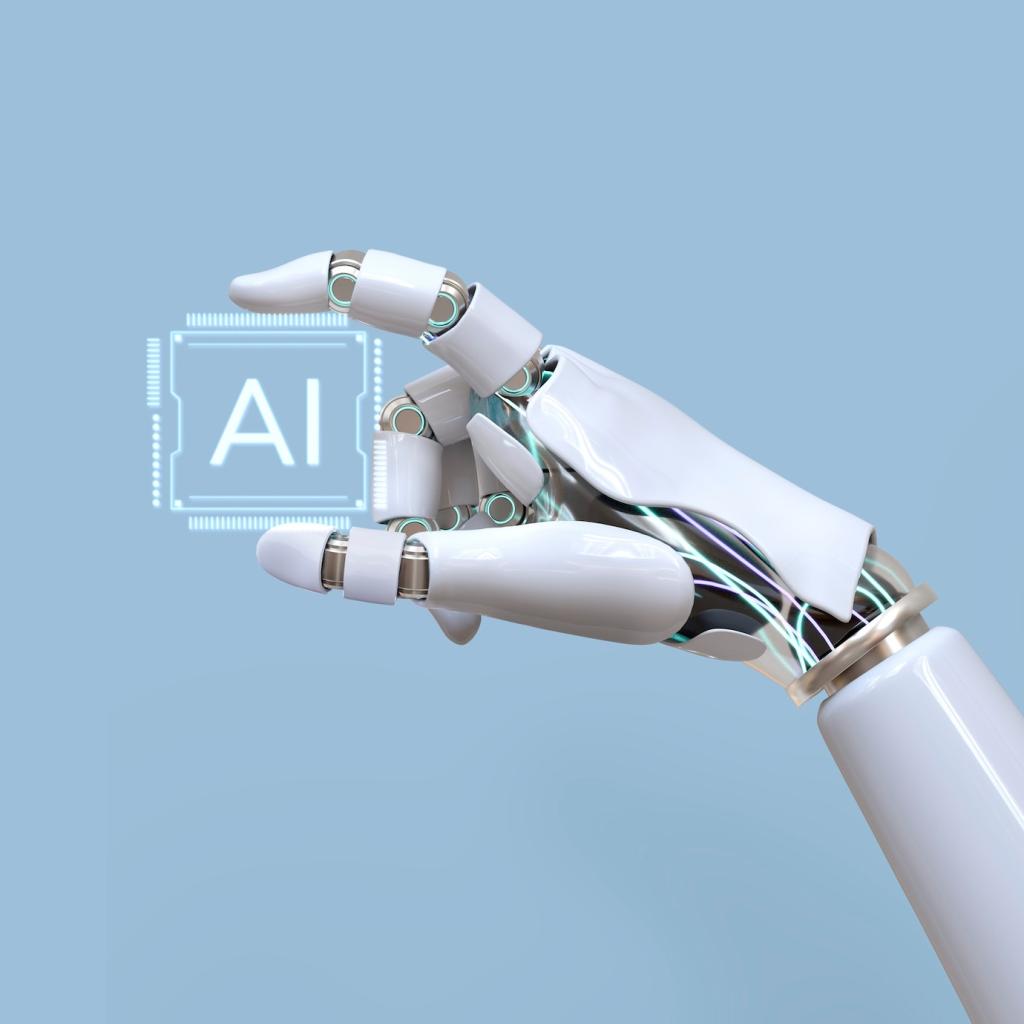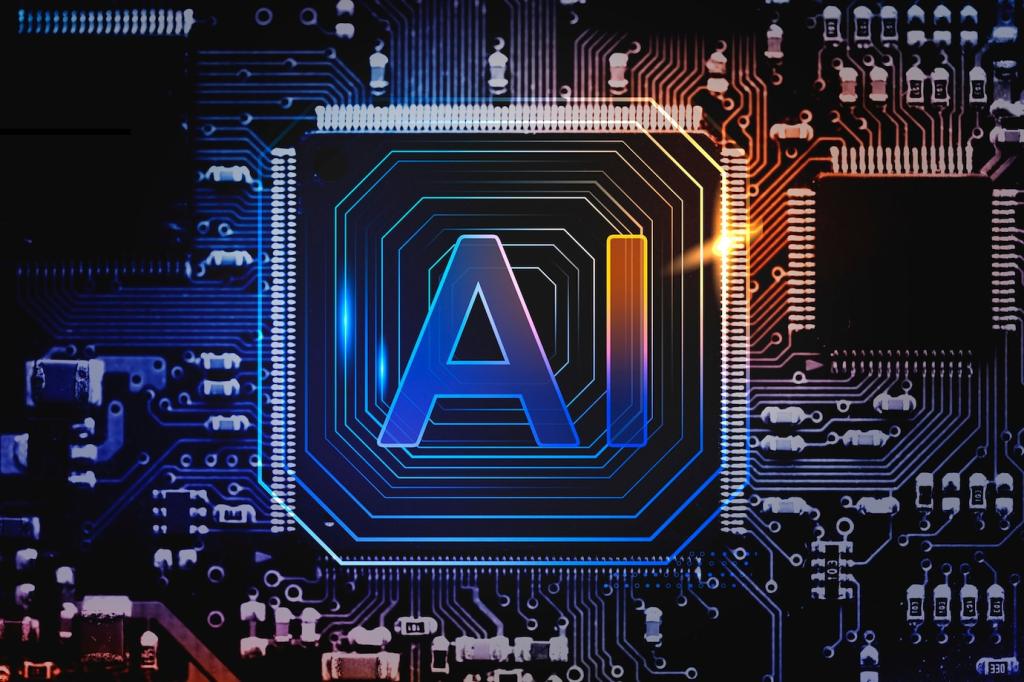Revolutionizing Patient Care with Artificial Intelligence
Artificial Intelligence (AI) is rapidly transforming patient care, introducing groundbreaking innovations that improve outcomes for both healthcare providers and patients. By enabling data-driven decision-making and automation, AI empowers medical professionals to deliver more accurate diagnoses, personalized treatments, and efficient care. This transformation is not merely technological; it is fundamentally reshaping the patient experience and the practice of medicine. With advanced algorithms and real-time data analysis, AI continues to push the boundaries of what’s possible in healthcare, resulting in a new era of precision, speed, and accessibility. As AI technology matures, its role in enhancing patient care becomes increasingly vital and widespread.
Enhancing Diagnostic Accuracy

Genomic Analysis and Precision Medicine
Adaptive Therapeutic Algorithms
Medication Management and Drug Discovery
Optimizing Clinical Workflows

